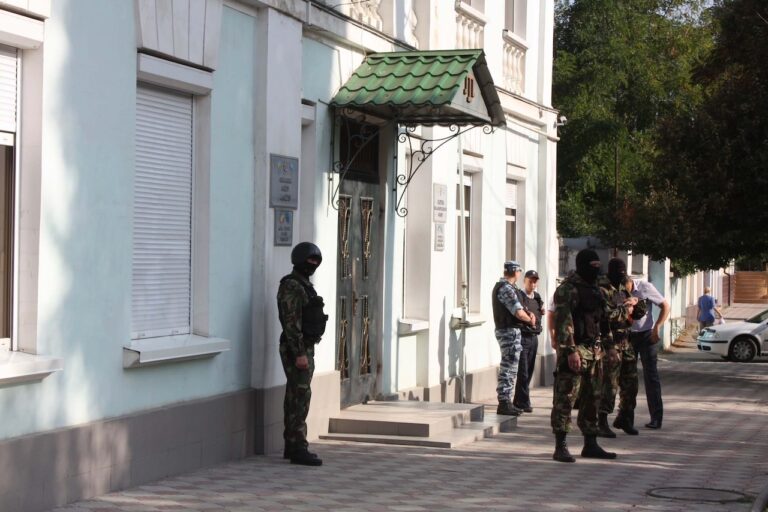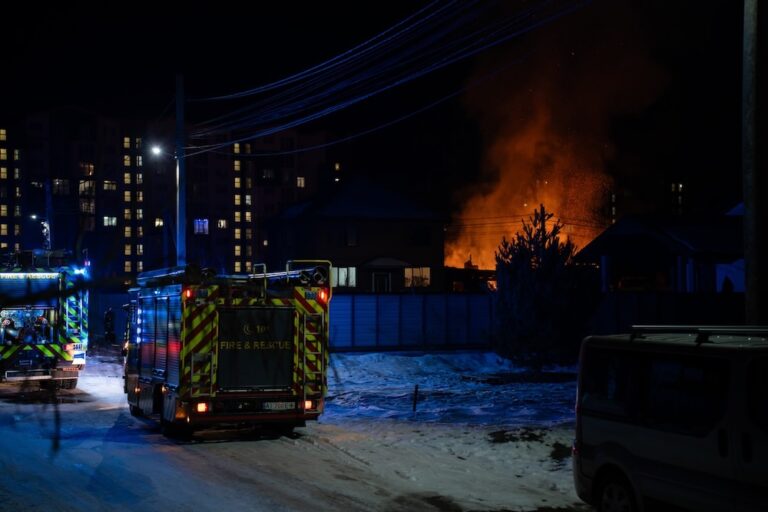The report repeats key concerns about the country's democratic processes and raises concerns about the selective prosecution of opposition figures and the erosion of basic freedoms of assembly and speech.
(Freedom House/IFEX) – 6 July 2012 – A little more than a year ago, Freedom House released its first special report on Ukraine, Sounding the Alarm: Protecting Democracy in Ukraine. That report, as the title suggested, warned that Ukraine was heading in the wrong direction on a number of fronts: consolidation of power in the executive branch at the expense of democratic development, a more restrictive environment for the media, selective prosecution of opposition figures, worrisome instances of intrusiveness by the Security Service of Ukraine (SBU), widely criticized local elections in October 2010, a pliant Verkhovna Rada (Ukraine’s parliament), an erosion of basic freedoms of assembly and speech, and widening corruption. “Ukraine under President Yanukovych,” last year’s report warned, “has become less democratic and, if current trends are left unchecked, may head down a path toward autocracy and kleptocracy.”
A year later, most of those key concerns remain, and in some cases the problems have grown considerably worse, especially in the area of selective prosecution of opposition figures and corruption. The mayoral election in Obukhiv in March was widely criticized for its alleged rigging and fraud and bodes badly for the upcoming Verkhovna Rada elections. The term “familyization” was commonly used by interlocutors, implying that President Yanukovych’s family has not only benefitted personally from his presidency (see the section below on corruption) but is increasingly at the center of power and governance. Freedom House’s ranking of Ukraine in its Freedom in the World 2012 report remained in the Partly Free category with a negative trend; the same assessment can be found in Freedom House’s just-released Nations in Transit.
Against this backdrop, Freedom House, with support from the Open Society Foundations’ Ukrainian arm, the International Renaissance Foundation, undertook a follow-up special report on Ukraine and sent the same American assessment team – David J. Kramer and two independent analysts, Robert Nurick and Damon Wilson – back to Kyiv, Kharkiv, and Lviv this past April to have another look at the situation. This year, two highly respected Ukrainian experts joined in the assessment mission – Victoria Syumar and Olexander Sushko. Their participation provided invaluable Ukrainian insight into developments in their country and removed the sense that this year’s report is simply an outsider’s look into Ukraine. During the mission, the American-Ukrainian team met with a wide range of government officials, Verkhovna Rada deputies, political opposition figures, civil society actors, and journalists; unlike last year, their meetings included President Yanukovych himself.


